Concerned about toxins and chemicals in your home? Ever wonder “how can I live a more natural, non-toxic lifestyle?”. These 8 steps will help you make simple changes that can have a big impact on your family’s overall health.
It’s only natural to want the best for your kids – so as moms ourselves, we’re not surprised that the number of families wanting to live a less-toxic lifestyle has drastically increased over the last several years.
When you consider that the average home has almost 1,000 chemicals lurking inside, and a child’s developing immune system is more susceptible to damage, it’s no wonder that we’re looking to detox our homes and bodies.
By reducing your chemical exposure, it can improve your gut health and immunity, reduce inflammation in your body, improve your energy, reduce your stress, and many researchers believe, it can also decrease your risk of developing cancer.
Sounds pretty great, right? But how do you start living a more non-toxic lifestyle?
It’s easy to get overwhelmed by the vast amount of information, but we’ve partnered with one of our favorite organic brands, Stonyfield Organic, to provide you with 8 simple changes you can start making today.
Remember, don’t stress about making all of these changes overnight. With every food switch or new product you buy, you are taking one step closer towards living a less-toxic lifestyle. Focus on each small improvement, and they will ultimately add up to make a big difference in your family’s overall health.
PIN for when you’re ready to detox your family’s life!
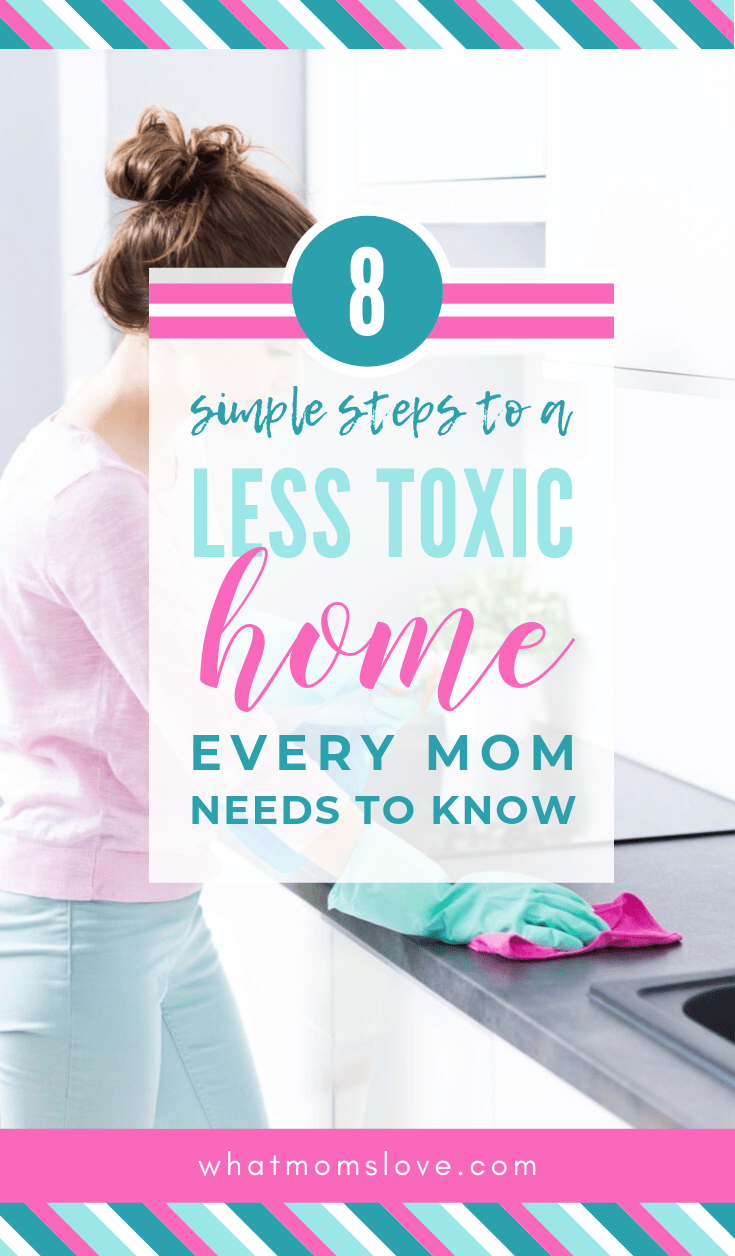
#1 EAT ORGANIC
To the uninformed, organic food may just look like a more expensive version of the “regular” food. Many naysayers think, “I didn’t eat organic growing up, and I turned out fine”. But guess what? The foods we ate growing up WERE organic, they just weren’t labeled that way, because the food industry had yet to develop NON-organic practices.
Organic food is grown without the use of synthetic fertilizers, chemical pesticides and insecticides, growth hormones or antibiotics. It’s how our food used to be. No GMO crops, no glyphosate, no artificial dyes, no artificial flavoring, no artificial sweeteners or man-made chemicals. Worth paying a little extra for? We think so.
But even so, the price differential continues to narrow. Many grocery stores are now offering organic store-brands that are much more affordable, and big-box stores are stocking more and more organic options that can be bought in bulk for a hefty discount.
That being said, we understand that it may be hard to buy organic for everything that your family eats. At the very least, we would suggest buying the foods you and your kids eat the most, in their organic form.
So if your little one is a big yogurt eater like ours, then make sure you stock up on the good stuff, like Stonyfield Organic YoBaby which is made with organic whole milk, and delivers Vitamin D and probiotic BB-12 to support digestive health.
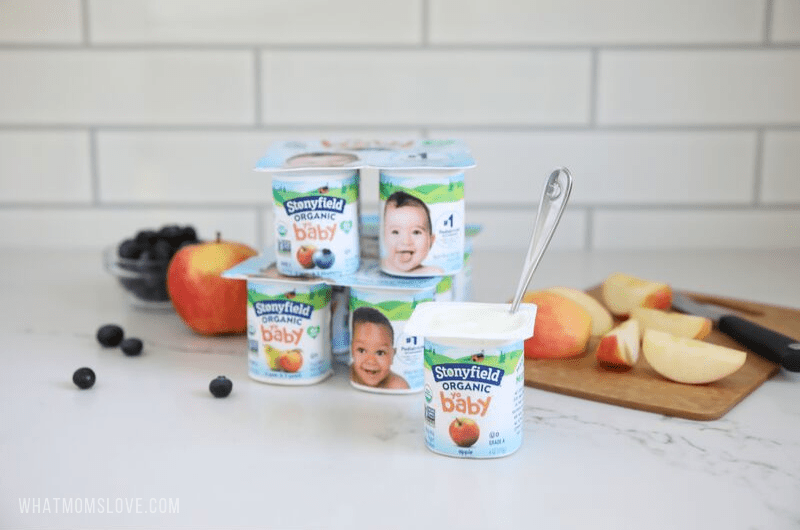
In addition, become familiar with the “Dirty Dozen”, a list of the 12 dirtiest foods that have been tested to have the highest amounts of pesticide residues, that you should try and buy organic whenever possible.
The Dirty Dozen:
- Strawberries
- Spinach
- Kale
- Nectarines
- Apples
- Grapes
- Peaches
- Cherries
- Pears
- Tomatoes
- Celery
- Potatoes
On the other hand, the “Clean Fifteen” are some of the cleanest foods, with the fewest amounts of detected pesticide residues, so if you’re on a strict budget, you can save by buying the non-organic versions of these foods.
The Clean Fifteen:
- Avocados
- Sweet corn
- Pineapples
- Sweet peas (frozen)
- Onions
- Papayas
- Eggplants
- Asparagus
- Kiwis
- Cabbage
- Cauliflower
- Cantaloupes
- Broccoli
- Mushrooms
- Honeydew
#2 SWAP YOUR COOKING OILS
Eliminate the highly processed oils from your pantry that contribute to inflammation, heart disease and become toxic at relatively low temperatures. These include canola, vegetable, peanut or soybean oils.
Instead, use less processed options that have a higher smoke point, such as avocado oil, coconut oil, or ghee. Avocado oil is our favorite because it has no flavor and can be substituted anywhere you’d use oil in cooking or baking.
#3 KEEP PESTICIDES OUT
With all your efforts to keep toxins out of your home, don’t forget that chemicals can easily be tracked inside thanks to harmful pesticides on your lawn, or the fields or parks where your kids play. Grass treated with herbicides, insecticides and fungicides, can expose us to a toxic chemical cocktail that is a likely endocrine disruptor, which can interfere with the development of children’s immune, reproductive and metabolic systems. We are all exposed to these chemicals by inhaling the residue, and then track it through our homes through our shoes. These pesticides can stay in our carpets for up to 1 year!
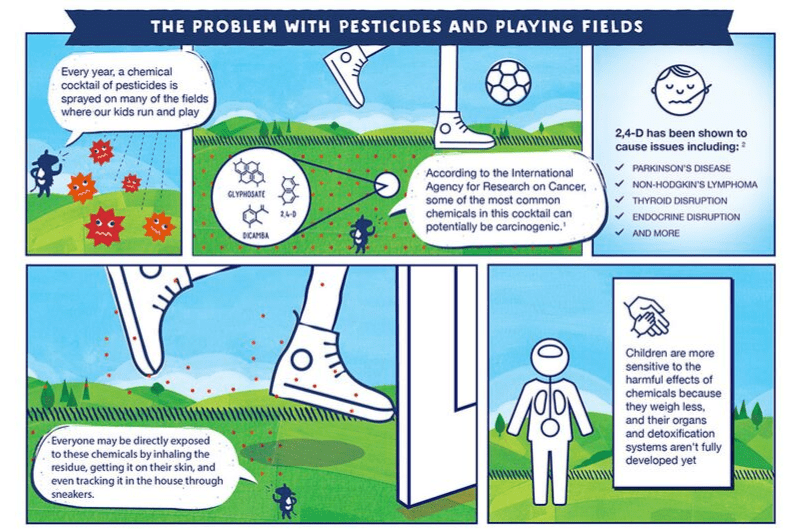
The solution? Make all fields organic, by stopping the use of harmful pesticides on playing fields and our own backyards. Stonyfield Organic is leading this charge, with their StonyFIELDS Play Free mission. As experts in organic land care (they’ve been doing it for decades, buying milk from farmers who manage their cow pastures organically), they know that organic land care is much more than saying “no toxic persistent pesticides”. Changing from conventional pesticides to organic is not a simple product swap out. It’s a completely different system, shifting from an input intensive system to a knowledge-based system. It starts with healthy soil built with natural inputs and natural sources of fertility.
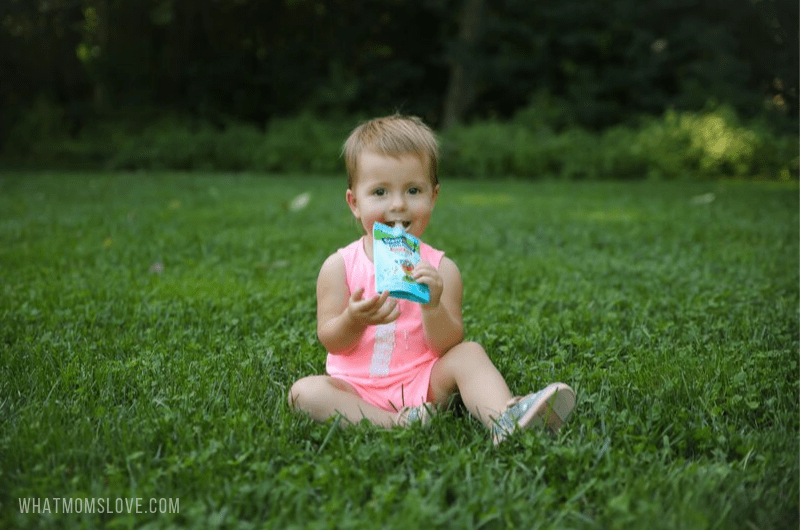
If you want to make the transition to an organic backyard, head here for 4 easy tips to get you started down the right path.
#4 UPGRADE YOUR TUPPERWARE
Plastics can contain endocrine disruptors and carcinogenic chemicals that can leach into our food and water. BPA (Bisphenol A) has been proven to mimic our hormones and can cause problems to our reproductive, developmental and metabolic systems.
Although many plastics are now “BPA Free”, there are still concerns that the BPA is just being replaced by other Bisphenol-type chemicals that may be equally as harmful.
For this reason, we suggest using containers and water bottles made out of non-leaching materials like glass, stainless steel, ceramic or bamboo.
RELATED: 5 Best Safe, No-Leak Waterbottles for Big Kids
Of course, plastic can be hard to avoid all together. So to minimize leaching, we suggest never heating in plastic (or plastic wrap) and never putting plastic in the dishwasher. If there is not another choice, look for plastics with the number 2, 4 or 5 on the bottom as they are considered safer.
#5 CLEAN UP YOUR CLEANING PRODUCTS
It’s unfortunate that the very products that are marketed to clean your house, are in fact making it “dirty” by spreading health-impacting chemicals on your surfaces, and fumes into the air you breathe. And when you add kids into the mix that eat directly off the counter (or the floors!), or want to help mommy by using the cleaning wipes, you best believe that detoxing our cleaning products is one of the most important steps we can make to protect our families from being exposed to harmful chemicals.

Consider switching your conventional cleanings products, including all-purpose sprays, glass cleaners, furniture polish, dish soaps, floor cleaners and disinfectants. Replace them with non-toxic products or make a DIY cleaner with simple ingredients like vinegar or baking soda.
We highly recommend the Force of Nature system which turns water, salt and vinegar into an all-natural cleaner and deodorizer that is as effective as bleach. Alternatively, check your products using the Environmental Working Group (EWG) Guide To Healthy Cleaning and make sure what you’re using gets an A rating.
And don’t forget to check your laundry detergent, dryer sheets and fabric softeners – these often contain strong chemicals that you are transferring onto your clothes, sheets and towels that are in constant contact with your skin. Switch to a natural laundry detergent and use wool dryer balls with a few drops of essential oils to replace the dryer sheets and softeners.
#6 USE NON-TOXIC BEAUTY/SKIN PRODUCTS
When you think of all of the products you put on your skin – from moisturizers, sunscreens and soaps, to body wash, deodorant, serums and scrubs, not to mention make-up and hair products – we are literally bathing, spraying, rubbing and washing ourselves and our kids with hundreds of chemicals every day. Many contain endocrine disrupting chemicals like parabens and phthalates, or known carcinogens and neurotoxins.
And because our skin is our largest organ, it’s critical to be aware of what is being absorbed into it.
Instead of conventional store-bought beauty products, try using natural oils like jojoba, rosehip or coconut, which make excellent cleansers and moisturizers. Or opt for non-toxic products that receive top-ranking on the EWG’s Skin Deep Guide. Try searching for the products you currently use and see how they rate. If they get lower than a 4, switch it for a better choice when it’s time to replace.
#7 ELIMINATE ARTIFICIAL FRAGRANCES
We all want nice smelling homes, and kids can sure be stinky, but air refreshers, room sprays, plug-in scents, scented candles, and body perfumes can be full of chemicals ranging from formaldehyde to phthalates and ethanol, which according to the EWG are endocrine disruptors or carcinogenic substances. Kids are even more susceptible to these toxins as their immune systems aren’t fully developed.

Bottom line: ditch the toxic scents and instead opt for essential oils, fresh flowers, a DIY baking soda freshener or a non-toxic plant-based product, like Grow Fragrance.
#8 CHOOSE NON-TOXIC COOKWARE
If you’re cooking healthy meals for your family with organic foods and cleaner, less processed oils, you’re toxin free, right? Well, not so fast.
If you’re using a non-stick Teflon pot or pan, they are made using a chemical called PTFE which has been linked to cancer, birth defects, thyroid disease, diabetes, higher cholesterol and many other health problems. When these pans get scratched, these chemicals are released into our food.
To avoid this, we suggest opting for Stainless Steel, Carbon Steel or a Cast Iron pan. All of these natural materials do not have any coating that can release harmful toxins, and they do become non-stick with age.
With each step you tackle on this list, you’re moving one step towards living a safer, less-toxic, all-natural lifestyle that will greatly benefit you and your family.
Thanks again to our sponsor, Stonyfield Organic, for not only providing us with delicious, organic milk-based products, but also for spearheading important initiatives like StonyFIELDS to reduce our children’s overall chemical exposure.

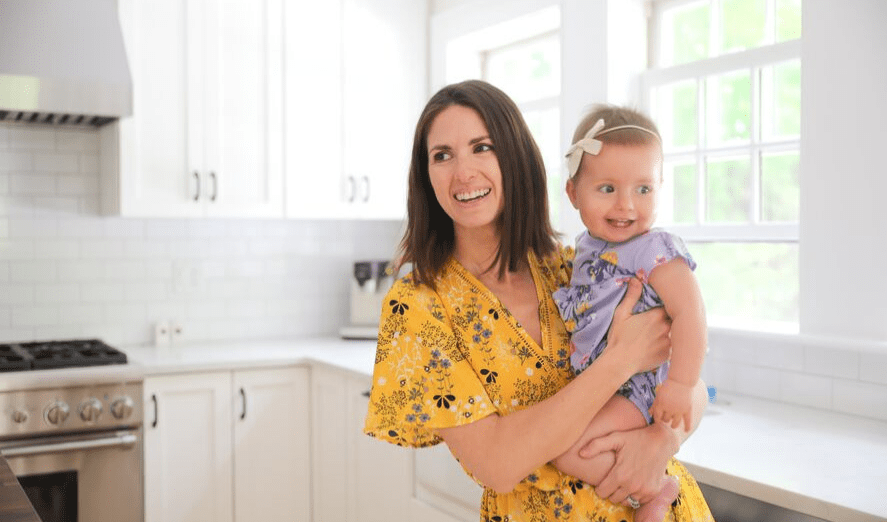



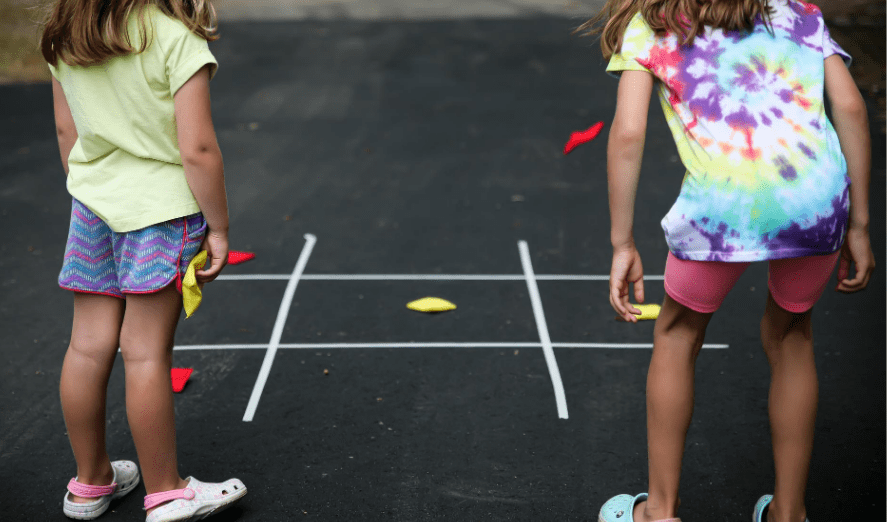
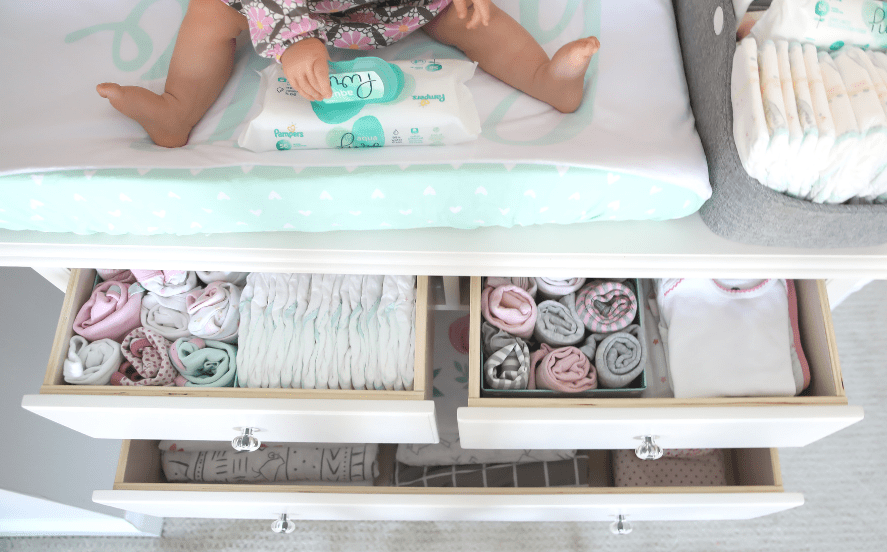
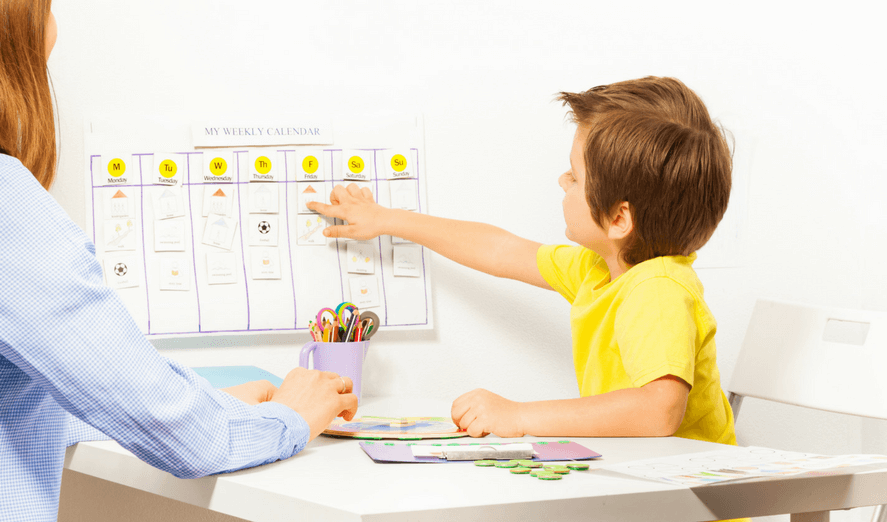
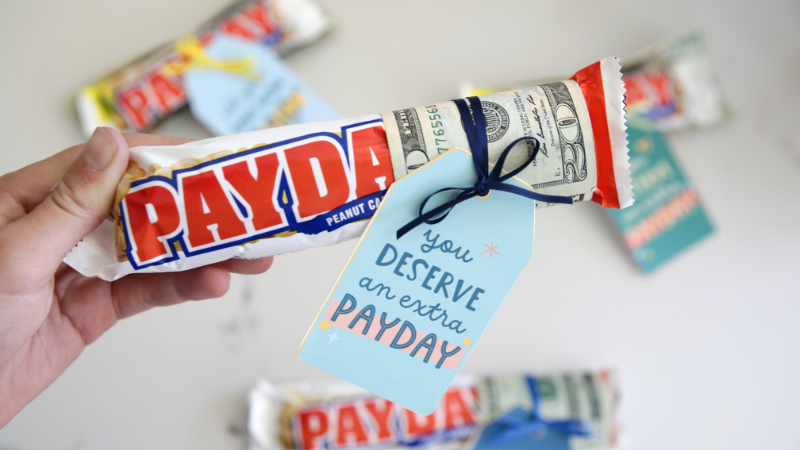







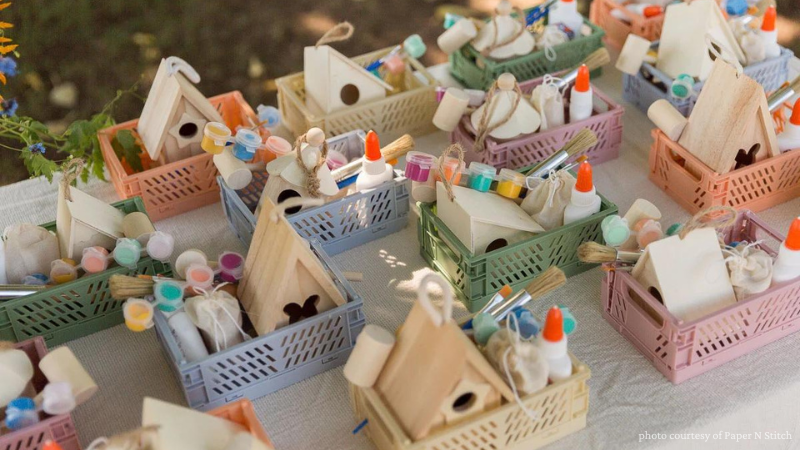



Thank you so much for sharing this ❤️